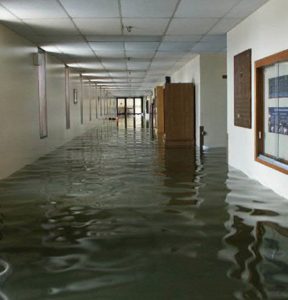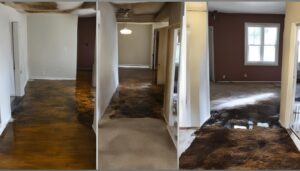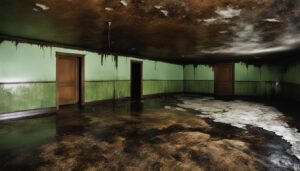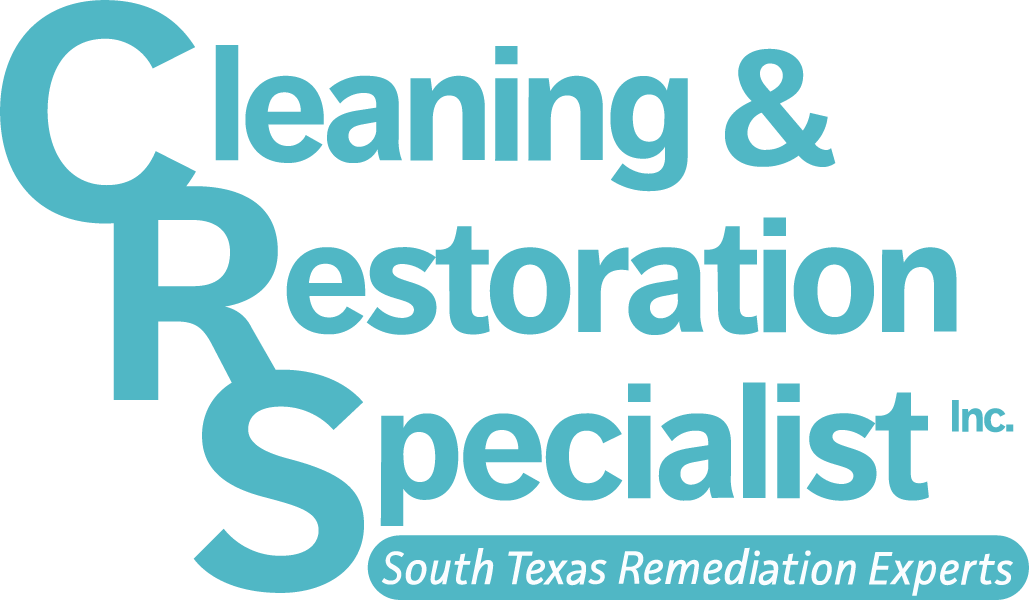Water is essential for life on Earth. Our bodies need it, our plants need it – every aspect of life revolves around water. Usually, water is a great thing. Few things are worse, however, than water backing up from the sewer into your home. Taking preventative action against sewage backup can save homeowners thousands of dollars. Avoid turning your home into a swamp by following these simple steps.
DISPOSE OF GREASE PROPERLY
Grease does not belong down the drain. Fats in the grease and oils create a nasty cocktail that can build up in the sewage lines. Over time this forms a blockage which requires a professional to dislodge. In the meantime, your sewage has no place to go. As a result, it begins the climb back up the drain and into the home. There are reactive steps that can be taken, but it is better to prevent it from happening in the first place.
So how do you dispose of grease? There are different options depending on location. For grease that solidifies, like bacon grease, let it do so. Line a container with tin foil and pour the liquid fat into it. When it solidifies, throw the tin foil away in the regular garbage. For oil that does not solidify, pour it into an old bottle. Some cities will allow this bottle to be placed with the regular garbage. Others have a designated drop-off location for kitchen and other oils. Check with your city officials to see which option is available to you.
FLUSHING PAPER PRODUCTS
Toilet paper is designed to break down in the sewer and should be the only paper flushed down the toilet. Even though wipes claim to be flushable, they are one of the more frequent causes of clogs. These clogs cause sewage backup and bring nasty sewage back up the toilet. Cotton products, like Q-Tips and cotton balls, are not flushable. They don’t break down like toilet paper does, so they clog systems.
Paper towels and tissues are designed to collect water and don’t break down either. Diapers also fall into this category. Diapers expand in water and don’t fit through most drains. This goes for menstrual products as well. Condoms, dental floss, hair, cigarette butts, and kitty litter are all common items that clog toilets as well. Avoid flushing them and dispose of them in the regular garbage.
PREVENTATIVE ACTIONS
There are some steps that can be taken to enhance your current systems and help prevent sewage backups. First, check any sump pumps or flood control systems. It is illegal in many places to connect these to the main sewer. These flood control systems may keep your backyard and basement flood-free, but they drag debris into the sewer that causes clogs.
Next, consider upgrading your sewer lines. Tree roots are a common threat to older sewer lines. As the tree grows, its roots plow through clay and fiber conduit pipes. Upgrading to plastic pipes makes it harder for nature to have its way. Cast-iron pipes are another option as well; however, they are more expensive.
Finally, install a backwater prevention valve. These valves can be installed onto existing sewer lines. They prevent sewage backup by allowing water to flow in only one direction: out. Rising water in sewer lines will push the valve up into the locked position. This keeps sewage from creeping back into the home. As water pressure is released gravity will take effect and release the valve. Hire a professional and check with local governments for any permits required before installing a backwater valve. Improper placement can leave the system at risk for sewage backup in other areas of the home.
CLEANUP
If you weren’t able to catch the problem in time and have water and sewage backing up into the home, you need to take action. Sewage contains filthy particles that can cause disease and illness. The contaminants can become trapped in your home and cause more damage over time. Hiring a professional restoration company can help. As experts in the field, these experienced professionals can safely clean up the mess and get your home back to normal.
Cleaning & Restoration Specialist Inc. is available where and when you need us. We realize that sewage backup can happen at any time. Our team is certified by the IICRC and our technicians can handle any job. There is no job too big or too small for our team. Cleaning & Restoration Specialist Inc. has been in business for over 30 Years. In that time, we have seen many different situations and have brought solutions to several families and businesses.
Get the experienced professionals on your side by calling (210) 944-4382. Don’t try to take on your sewage backup alone – work with Cleaning & Restoration Specialist Inc. today!









